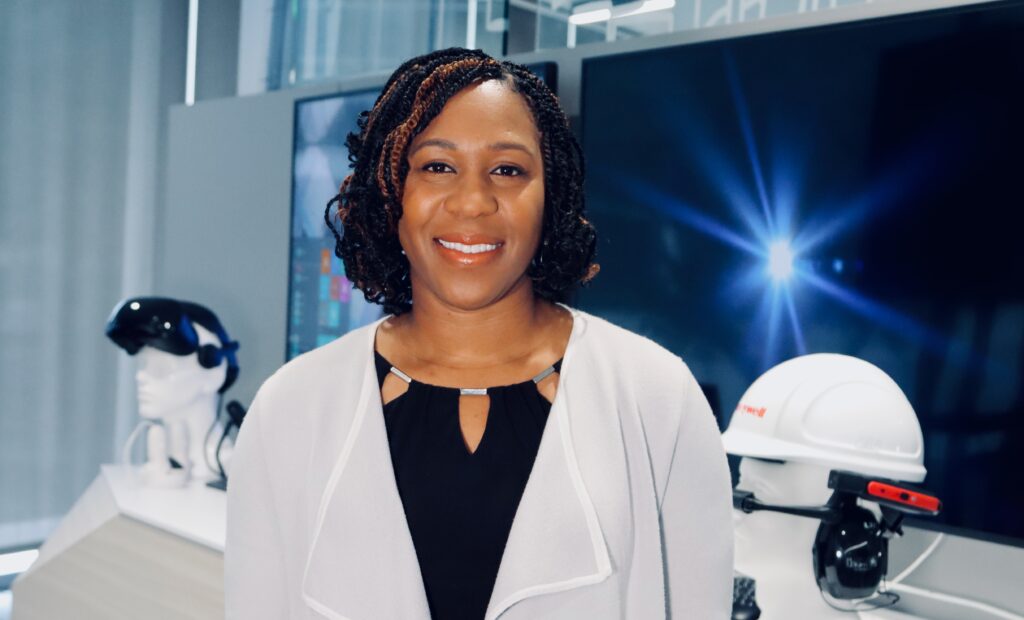
Dionne Hamilton is general counsel at Honeywell Smart Energy and Thermal Solutions, a unit of the global conglomerate Honeywell International, where she is responsible for the functions of a global legal department with 200 attorneys in several locations.
She advises senior corporate leadership on all legal issues, new regulatory activities and geopolitical subjects that impact operations, works on M&A and joint ventures and manages all aspects of the legal budget.
Mark Curriden, founder of The Texas Lawbook, had a recent chance to discuss that experience with Hamilton.
To read Mark Curriden’s full length profile of Dionne Hamilton click here.
Texas Lawbook: What has been your best day working at Honeywell?
Dionne Hamilton: The team supported marketing for all New Product Initiatives, including website and all ads including print, LinkedIn, Google, display and industry conference materials. We also reviewed manuals. We placed additional emphasis on ESG claims to include where appropriate and challenge when necessary. I saw an opportunity to incorporate the LCLD 1L summer associate into the review of marketing material, given her prior related industry work experience at a utility and as a governmental affairs specialist, public and external affairs specialist and public relations coordinator. It’s not often that you have a 1L who has direct on-point experience, and it was exhilarating to have her work on that and share with the team that we had someone with inside knowledge that we could give real-world work and they could give it right back to us from their real-world experience.
Lawbook: What are the factors you consider when deciding about hiring outside counsel?
Hamilton: Subject matter expertise, rates/budget, diversity, reputation, creativity.
Lawbook: What question about diversity am I not asking that I should be asking?
Hamilton: Black men have been historically underrepresented, but often in the current diversity conversation, women are being uplifted and promoted — which as a women, is great, but black men are categorized as men, as they should be, but they are also subject to be the most overlooked in this world of increasing focus on women. This is despite the fact that they have historically faced challenges of equity and inclusion in the workforce. So the question is why are black men being left behind in this DE&I space?
